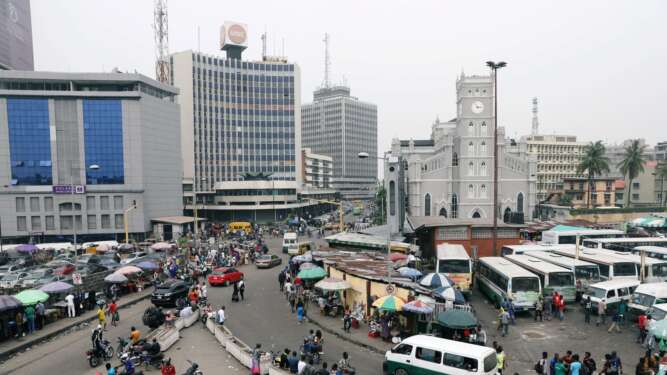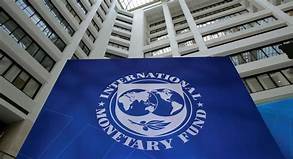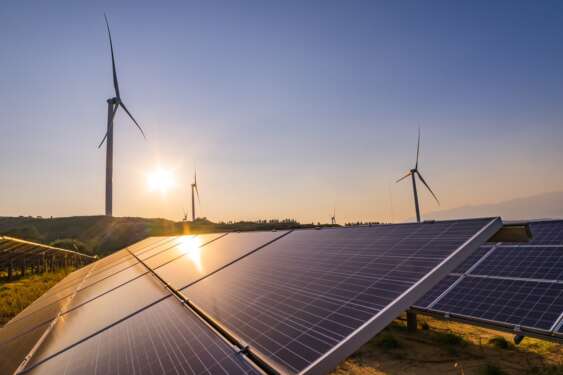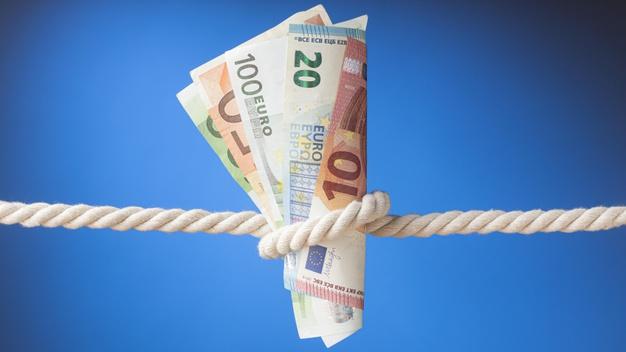- Agribusiness could drive Africa’s economic prosperity
- Dawood Al Shezawi: Why AIM Congress 2024 is the epicenter of global economic and cultural dialogues
- d.light’s 600,000 cookstoves project verified as top source of quality carbon credits
- Artificial intelligence (AI) could create a turning point for financial inclusion in Africa
- AIM Congress 2024: Catalysing global investments with awards
- Kenya’s economic resurgence in 2024
- The most stressful cities to live in 2024 exposed
- Tech ventures can now apply for the Africa Tech Summit London Investment Showcase
Browsing: IMF
Africa has abundant natural resources and holds immense opportunities for investors to unlock its full potential.
According to the International Monitory Fund (IMF), Africa’s hardwon economic gains for the last two decades which are critical in improving living standards can be reversed from the impacts of the pandemic.
The scope for growth through large public investment programs is limited by the uncertain outlook for international aid and the high public debts levels. In its statement, the IMF notes that if countries in the region are to enjoy a strong recovery and avoid stagnation, Africa’s private sector will have to be more involved in economic development.
According to IMF, the private sector should be involved in both social (health and education) and physical (roads and electricity) infrastructure.
“Africa’s infrastructure development needs are huge—in the order of 20 per cent of GDP on average by the end of the decade. How can …
Kenya’s first Eurobond valued at US$2 billion was issued in June 2014 and it matures in less than five years in 2024.
According to PwC Kenya Senior Manager, Francis Nzau, Kenya’s public debt has been swelling and the risk of a debt crisis (where the Government is unable to repay what it owes) continues to increase every day.…
The International Monetary Fund (IMF) said that it foresees a 4 percent GDP for the Middle East and North Africa (MENA) in 2021 and 3.7 percent in 2022.
In 2020 the projections were at -3.4 percent and 3.1 percent in IMF’s October regional outlook forecast for 2021.
According to IMF’s April regional report released yesterday, MENA importers in 2021 will record a GDP of 2.3 percent and 4.5 percent in 2021 a rise from -0.8 percent in 2020.
Speaking during the sidelines of the World Bank’s and IMF’s meeting, the Director of the Middle East and Central Asia Department, Jihad Azour said that “Our region reacted swiftly and with resolve, implementing measures that helped contain the pandemic spread and cushion the economic blow. Now, a year later, the novel coronavirus (COVID-19) vaccine and favorable external environment, offer hope that the end of the crisis is within sight.”
He said that …
Africa’s top economy and oil exporter, Nigeria is battling yet another economic hurdle, as the government disagrees with the International Monetary Fund’s (IMF)recommendations of lowering its currency that’s more than 18 per cent overvalued to ease external imbalances, according to Bloomberg News.
According to IMF February 8, 2021, press release, Nigeria has been hit quite hard by the COVID-19 pandemic, following a sharp decrease in oil prices and capital outflows, real GDP is estimated to have contracted by 3.2 per cent I 2020 amidst the pandemic-related lockdown.
Bloomberg News reported on February 8, 2021, that, Nigeria’s President Muhammadu Buhari administration sees currency pressures stemming from global outflows caused by the coronavirus pandemic and believes another depreciation would add to double-digit inflation.
The devaluation pressure from IMF is not new to Nigeria. In 2014 the Nigerian central bank devalued the naira by nearly 8 per cent and then fixed the official …
With a growing middle class, Africa is now the frontier and the AfCFTA which is already ratified by 30 countries is just an opportunity to enhance investments in the continent.…
Looks like Kenya is in for a tough run in the coming financial year or maybe even for a longer span. Kenya needs to borrow to meet its budgetary needs. The International Monetary Fund (IMF) is willing to lend but wants structural and governance reforms for Kenyan state-owned enterprises. How did Kenya get into this tough spot? Officials blame it on Covid-19 and the global slowed-down economy that resulted from the pandemic. Granted, economies took a hit from the pandemic but despite that fact in mind, reason still begs to understand what of the IMF loans that were issued specifically to help countries muzzle down the negative effects of the pandemic?
Notably, at the onset of the pandemic in March 2020, Kenya received a whopping $739 million loan from the IMF. The money was specifically meant to help cushion the Kenyan economy from the adverse effects of the Covid-19 pandemic. …
Solar can power the continent’s industrial parks or light up homes whether in remote and isolated areas or in urban areas.…
For revival, financing is a way of providing solutions to the challenges of private sector funding.…
Analysts at the African Trade Insurance Agency (ATI) annual roundtable noted that Africa is expected to see a subdued economic recovery in 2021 and not likely to reach 2019 growth levels until 2022.
The ATI virtual discussion hosted Uganda, Ghana and Senegal, international financial partners and risk analysts to discuss the most urgent risks and mitigation solutions.
During the virtual meeting, ATI’s newly appointed Chief Executive Officer, Manuel Moses emphasized the importance of partnerships that will help African economies recover from the pandemic. He also said that ATI with the support of partners like the European Investment Bank and the African Development Bank, it plans to go through rapid membership expansions so as to lend more support to the most vulnerable economies.
One of the striking features of the impact of the pandemic that was revealed as a key factor that should guide the continent’s recovery is that the pandemic …
The services sector registered a majority of 25 projects followed by the manufacturing and export trade sector with 21 and 11 projects respectively…














